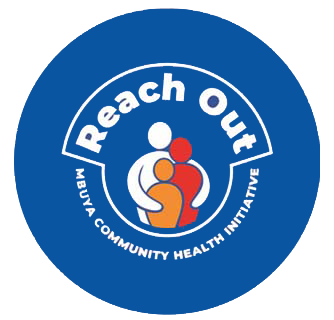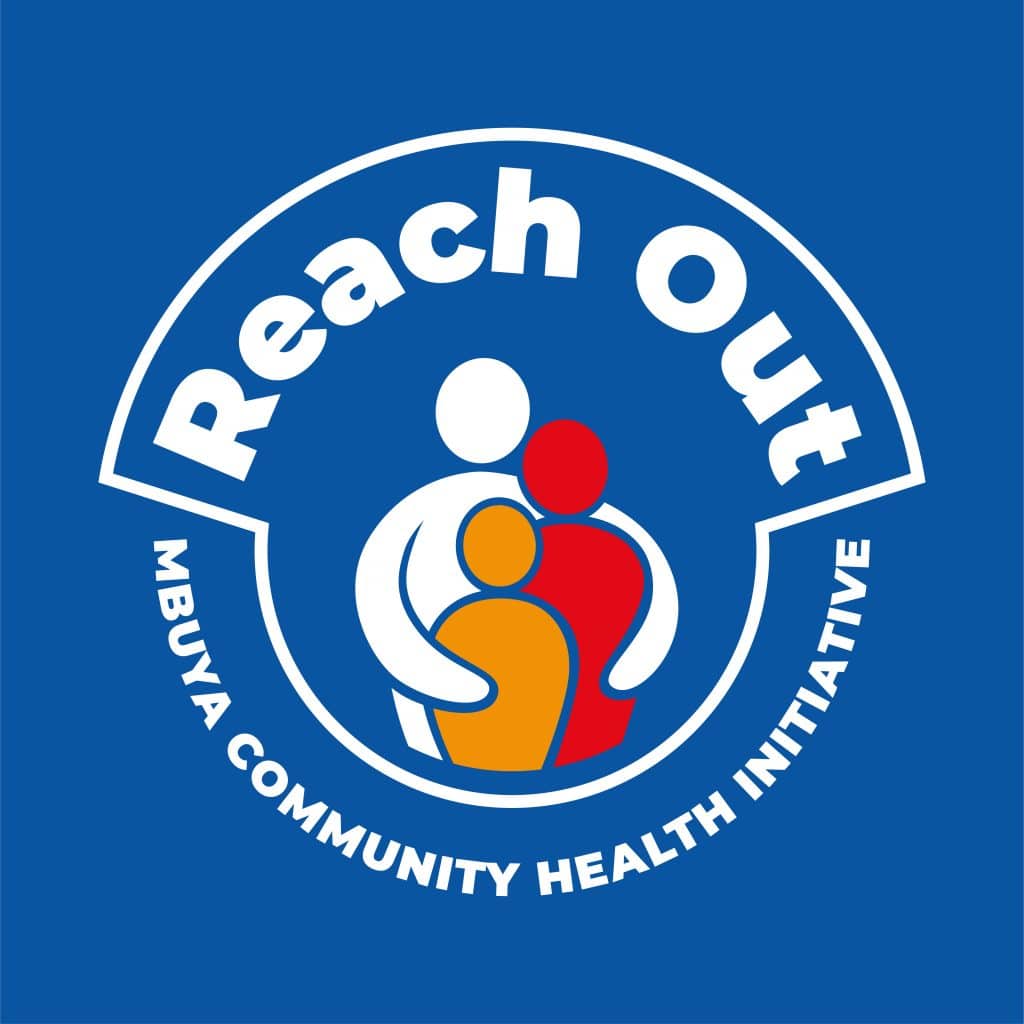
In 2004, the World Health Organization’s global status report on substance abuse placed Uganda at the highest adult-per-capita consumption of alcohol in the world. This means that the country is an origin of alcohol and substance abuse, which accounts for 14% of all mental heath cases, according to a Mental Health Policy report in 2007.
In relation to HIV/AIDS, people living with HIV often start taking alcohol or drugs to overcome emotional trauma and mental illnesses like depression that come with testing positive. In some cases, however, due to alcoholism and substance abuse, the chances of people engaging in unprotected sex and sharing needles for injection of drugs expose people to higher risks of contracting HIV. Alcohol is a major cause of poor adherence to medications, since some of the communities ROM serves engage in local alcohol brewing and selling. In 2015, the Alcoholic Support Club was created to address this problem. Two counselors were placed at Butabika Hospital at the Alcohol and Substance Abuse unit for mentorship. These counselors are responsible for running the club, which meets monthly with support from the hospital. See this blog post for more information.
“Nothing good ever came out of me being an alcoholic. I had no appetite and could take waragi- local brew – all day long, and even forget to take my ARVs or take an overdose for the few times I remembered to take,” one gentleman said at a meeting.
“I am now about 4 months sober, and I wash people’s clothes for a living. On a good day, I may earn about 15,000/- shillings, which I can use to meet my basic needs, which was not the case when I was taking alcohol too much.”
“I have no use for alcohol now, it never brought me anything good,” Christine Acan confided when asked about her journey from alcoholism.
Acan Christine, is one of ROM’s first clients, having joined Reach Out in 2003. For her, alcohol had always been a part of her life and her livelihood, considering the fact that she too used to brew it herself and thus could easily indulge in it without a care in the world.
Over time, she started failing on her medication and her viral load was very high. ‘’They used to counsel me all the time because of alcohol. Every time I would come to clinic, they would make me see a counselor.”

